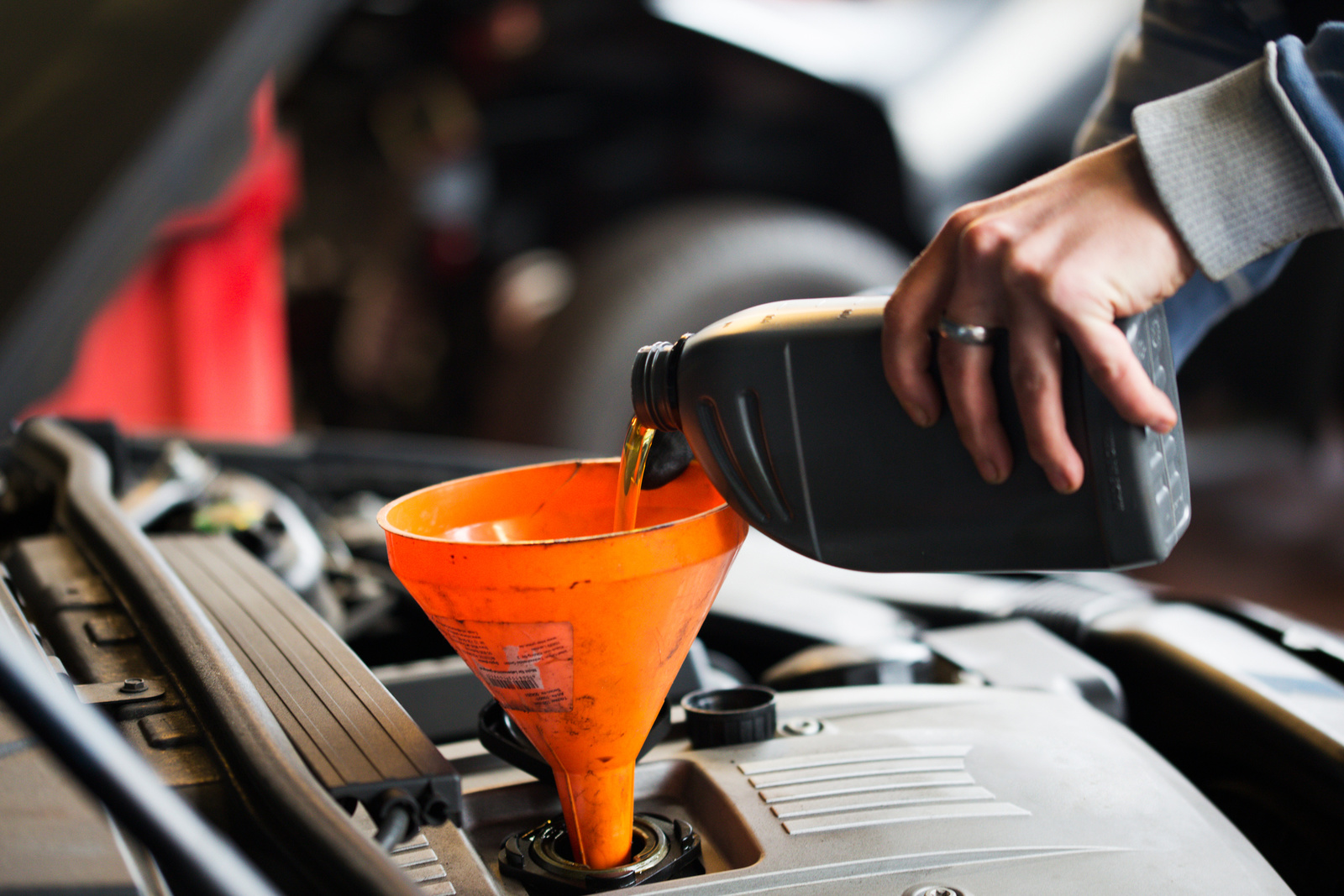All Categories
Featured
Table of Contents
Common Car Issues and How to Prevent Them: Tips for a Smooth Driving Experience
When it comes to car ownership, prevention is key to a stress-free driving experience. Many common car issues can be avoided through routine care and a proactive approach to vehicle care. Here’s a comprehensive look at some of the most common car issues drivers face and practical steps to prevent them from affecting your journey.Dead Battery A dead battery is one of the primary reasons for roadside breakdowns. Extreme temperatures, short trips, or leaving lights on can rapidly drain a battery.
Prevention: Check your battery frequently, especially if it’s over 3 years old. Many auto shops offer free battery testing, so make use of this service. Cleaning any corrosion from battery terminals and making sure your lights are off before exiting your vehicle can also extend your battery life.
Brake Issues Brake wear and tear is a natural part of driving, but delaying brake issues can lead to serious safety risks and high-priced repairs. If you hear squealing when you brake, it’s likely time for a service.
Prevention: Book regular brake inspections, ideally with each oil change, and change brake pads when they’re worn down. Regular maintenance can prevent more severe repairs like replacing the rotors.
Engine Overheating Overheating can lead to major engine damage and high repairs. This issue is often caused by cooling system failures, such as low coolant, a damaged water pump, or a faulty thermostat.
Prevention: Regularly check your coolant level, especially before extended drives or during summer months. Following the manufacturer’s schedule for radiator flushes and examining hoses for leaks can prevent engine overheating.
Tire Problems Tires lose traction over time, leading to blowouts or bad handling. Uneven tread wear often signals alignment issues.
Prevention: Rotate your tires every 5,000-7,500 miles and maintain the recommended tire pressure. Many tire shops do alignment checks for free, and regular rotations can maximize tire lifespan.
Transmission Issues Transmission repairs can be some of the costliest vehicle repairs. Slipping gears or hard shifting are common signs of transmission trouble.
Prevention: Monitor your transmission fluid regularly, and replace it based on the manufacturer’s recommendations. Early intervention is crucial, as ignoring signs of transmission trouble can lead to more severe damage.
Suspension Problems The suspension system ensures a smooth ride. Over time, shocks and struts wear out, affecting vehicle handling and comfort.

Prevention: Have your suspension checked during regular service visits, especially if you notice your ride becoming bumpy or your vehicle pulling to one side. Addressing suspension issues early can save you from costly repairs.
Electrical System Failures Electrical problems can range from a dead battery to malfunctioning lights and gauges. Issues often stem from a broken alternator, blown fuses, or damaged wiring.
Prevention: Keep an eye on electrical components, especially if you notice lights dimming or flickering. Checking the alternator, fuses, and wiring during routine maintenance can prevent unexpected failures.
Exhaust System Issues The exhaust system reduces emissions and directs exhaust fumes away from the vehicle. Rust and leaks in the exhaust system can lead to loud noises and decreased fuel efficiency.
Prevention: Examine the exhaust system for rust and holes, especially if you live in an area with salted roads during winter. If you hear unusual noises, have your exhaust system checked promptly.
Worn-Out Spark Plugs Spark plugs play a key role in engine performance. Worn-out spark plugs can lead to poor fuel economy, engine misfires, and difficulty starting the car.
Prevention: Change spark plugs at the recommended intervals, typically every 30k miles. Regularly changing spark plugs and checking their condition can ensure efficient engine performance.
Fuel System Issues A clogged fuel filter or dirty fuel injectors can lead to poor fuel efficiency and engine performance.
Prevention: Use premium fuel and add a fuel injector cleaner periodically. Replacing the fuel filter according to your vehicle’s schedule can also help keep the fuel system in good condition.
Final Tips for Preventing Common Car Issues
To keep your car running smoothly, follow a routine maintenance schedule and stay attentive about repairs. Here are a few final tips:Regular Maintenance: Adhering to the maintenance schedule in your vehicle’s service guide is the best way to prevent issues before they arise.
Fluid Checks: Check oil, transmission fluid, brake fluid, coolant, and windshield washer fluid regularly. Low fluid levels can lead to poor performance and unnecessary wear on vehicle components.
Visual Inspections: Regularly inspect your vehicle’s body, including the tires, lights, and undercarriage, for signs of wear or damage.
Listen and Respond to Warning Signs: Strange sounds, dashboard warning lights, or changes in performance can indicate early issues. Address these warnings early to avoid bigger problems.
By following these preventive measures, you can avoid many frequent car troubles, save on repair costs, and enjoy a more smooth driving experience. Regular maintenance and timely repairs will keep your vehicle in great shape, helping you get the most out of your investment and making every trip easier.
Latest Posts
Upgrade Your Shower Space with Professional Remodeling Services
Published Nov 23, 24
2 min read
How Metal Roofing Supports Sustainability
Published Nov 23, 24
1 min read
The Role of Gutters in Preventing Foundation Damage
Published Nov 23, 24
1 min read